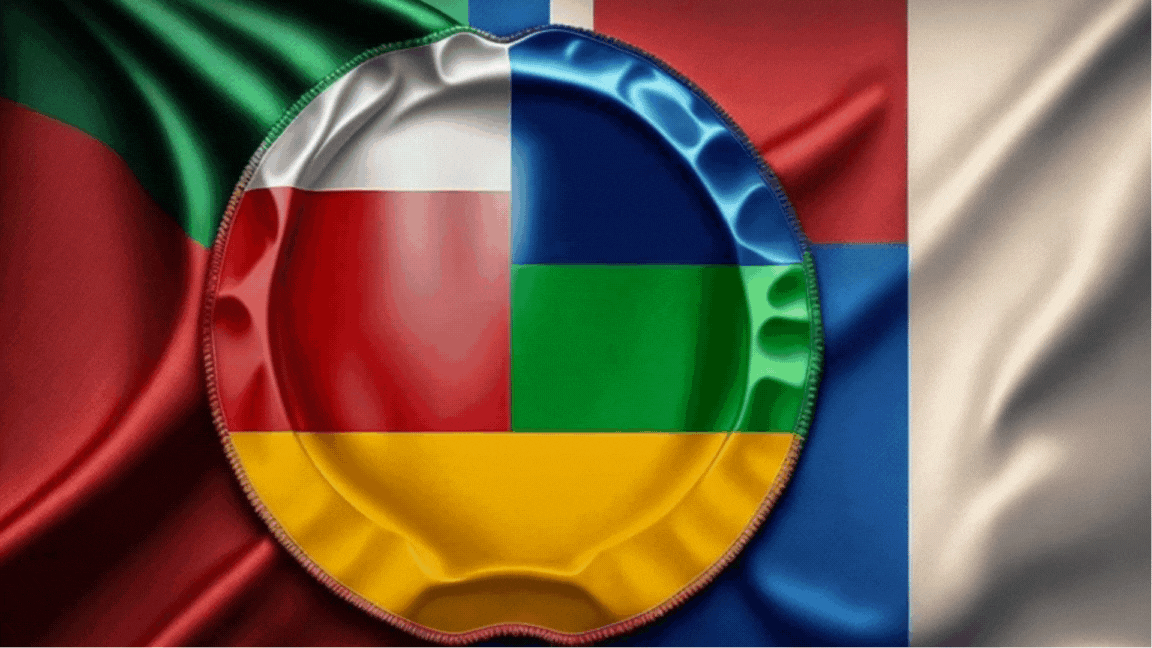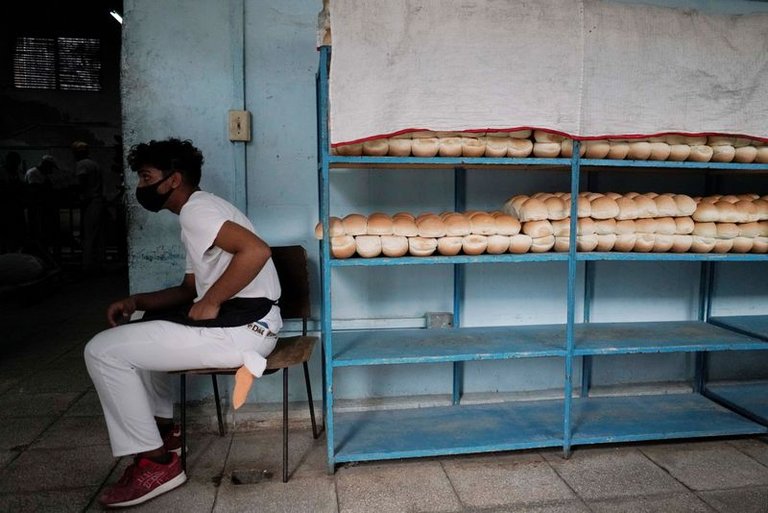
A follow-up to Cuban democracy
Around this time, an event that has been losing strength among the population takes place, to the same extent that the State loses participation in satisfying the most urgent needs of the population. This is the accountability of the delegate to his constituents, which has been postponed due to the critical situation facing the country. I will raise the main problems of the process, which threaten the materialization of a more solid democratic development in the country. I appeal to the category “democratic development” because, according to the great intellectual—now deceased—Juan Valdés Paz, I understand that there are no “democracies”, but that each nation at each concrete moment has determined development in democratic matters, which can sometimes advance and sometimes regress.
I maintain that the Cuban political system is viable so that citizen participation in the exercise of power is greater, but for it to be tangible, we must start from the fact that the delegate to the Municipal Assemblies of People's Power (AMMP) has to assume and practice the power conferred by the Constitution. Here, unfortunately, the delegate is seen as a mere handler of citizen complaints, when he/she is a figure invested with real power to demand information, answers, and solutions from local administrators. As is natural in any democratic order, the delegate to the AMPP is, in the municipal scenario, the equivalent of the deputy who sits in the unicameral National Assembly of People's Power (ANPP), which, by the way, does not play his/her role as expected.
 Source
SourceUndoubtedly, there are circumstances and political practices that have historically prevented, within the framework of the Cuban Revolution, these dynamics of authentic accountability to emerge with full force, prioritizing then a painful unanimity in response to the also real threat posed by the interference policy of the U.S. government, loaded with political subversion and economic blockade. In other words, the Communist Party of Cuba is responsible for slowing down the flight of Cuban democracy by implementing a system in which the popular representatives end up constantly praising power, without subjecting it to severe and credible judgments. In this sense, we must start from the fact that there has not yet been established a mechanism for the delegates to the AMPPs and the deputies to the ANPPs to have an effective link with their electors, for showing both the strength that the political order of the country grants them and the superior hierarchy of the imperative citizen mandate over these representatives.
There is a scenic or aesthetic problem that I would like to rescue in the case of the ANPP, which is the Cuban parliament. When the management of a given ministry is evaluated, the administrators chair the session, something very different from what happens in Congresses such as that of the United States, where they are almost in the role of "defendants", subjected to tense interrogations that make some tremble. By the way, there is no direct criticism of the country's presidency, when the executive and political fiascos it has incurred in are evident. If these factors of Cuban democracy were aligned, the country could fully advance in a democratic development that is just around the corner, no matter the heavy shadow of Washington.
And this is all for our report today. I have referenced the sources dynamically in the text, and remember you can learn how and where to follow the LATAM trail news by reading my work here. Have a nice day.

